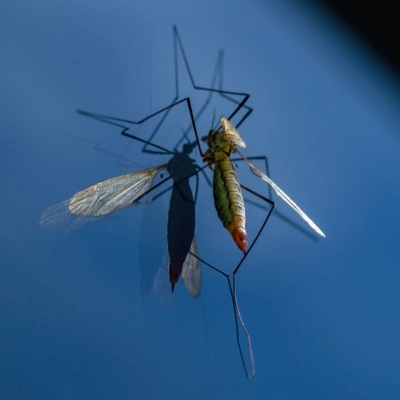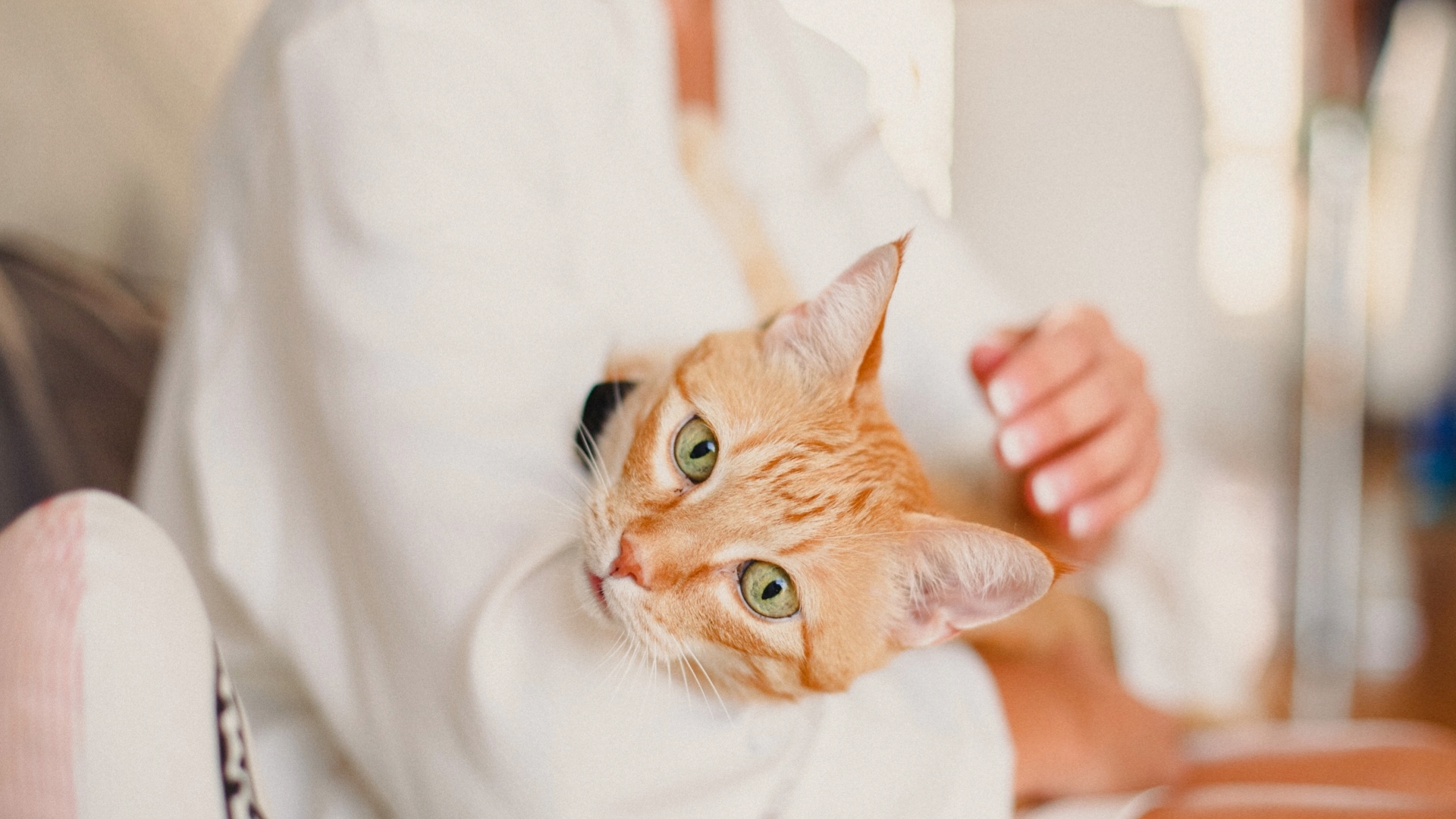Keep The Worms Out Of Your Cat's Heart!
The Facts About Heartworm Disease
Summary:
Cats can get heartworms after being bitten by an infected mosquito, although they are not as susceptible to infection as dogs. A cat is not a natural host of heartworms because the worms do not thrive as well inside a cat's body. Both indoor and outdoor cats are at risk for heartworm disease.


Cats can get heartworms after being bitten by an infected mosquito, although they are not as susceptible to infection as dogs. A cat is not a natural host of heartworms because the worms do not thrive as well inside a cat's body. Both indoor and outdoor cats are at risk for heartworm disease.
Is Heartworm Disease Different in Cats?
Heartworm disease in cats is a bit different than in dogs. Heartworms in cats do not live as long (average lifespan is only 2 to 4 years) or grow as long, and fewer of them mature into adults. Worm burdens are lower in cats than dogs. Usually a cat has only one or two worms. However, due to its relatively small body size, a cat with only a few worms is still considered to be heavily infected.
In cats, it takes 7 to 8 months for infective larvae to mature into adult heartworms and produce microfilariae. This is about one month longer than in dogs. The presence of microfilariae in a cat's bloodstream is uncommon. Only 20 percent of cats with heartworm disease have microfilariae in the bloodstream, compared to 80 to 90 percent of dogs with heartworm disease. Also, the presence of microfilariae in the bloodstream is inconsistent and short-lived in cats.
It is harder to detect heartworm infections in cats than in dogs. Veterinarians generally use two types of blood tests in combination to check a cat for heartworms. However, negative test results do not rule out heartworm infection, and positive test results may or may not mean that there is an active heartworm infection. A veterinarian uses the results of both blood tests, along with the cat's symptoms and the results of other tests such as x-rays and an ultrasound of the heart, to determine if a cat has heartworm disease.
What are the Symptoms of Heartworm Disease in Cats?
Not all cats with heartworm disease show symptoms. Some cats are able to spontaneously rid themselves of heartworms without having any symptoms. However, some infected cats die suddenly from heartworm disease without ever showing signs of being sick. Cats with heartworm disease may have very nonspecific symptoms that mimic many other cat diseases. These nonspecific symptoms include vomiting, decreased activity and appetite, and weight loss. Cats with heartworm disease rarely show signs of heart failure.
In cats that show symptoms of heartworm disease, respiratory signs are the most obvious due to the lung damage caused by the heartworms. Cats typically show symptoms of heartworm disease at two time points – when the immature heartworms arrive in the arteries of the heart and lungs and when the adult heartworms die.
The immature heartworms arrive in the heart and lung arteries about 3 to 4 months after a cat is bitten by an infected mosquito. Many of these immature heartworms die, causing a strong inflammatory response in the cat's lungs. This response is called heartworm associated respiratory disease (HARD) because respiratory signs, such as trouble breathing, increased respiratory rate, and cough, are the most obvious. It may be difficult to distinguish HARD from feline asthma or feline bronchitis.
When the adult heartworms die, they release toxins into the cat's bloodstream which cause lung damage, leading to respiratory problems or sudden death. Even the death of one worm can be fatal for a cat.
There is no FDA-approved drug to treat heartworm disease in cats, although symptoms may be managed with medications. Surgical removal of adult heartworms may be a treatment option if the heartworms can be seen by ultrasound. But surgery is risky, and if the heartworms are not removed intact, there can be potentially serious complications, such as shock and death.
Prevention is the Best Treatment!
Several products are FDA-approved to prevent heartworms in cats. There are both topical and oral products for cats, and all are given monthly and require a veterinarian's prescription. Some heartworm preventives contain other ingredients that are effective against certain intestinal worms (such as roundworms and hookworms) and other parasites (such as fleas, ticks, and ear mites).
Year-round prevention is best! Talk to your cat's veterinarian to decide which preventive is best for your cat.
Should Cats Be Tested for Heartworms?
It is recommended that cats be tested for heartworms before starting heartworm prevention, although this pre-testing is less useful than in dogs. Talk to your cat's veterinarian about testing your cat for heartworms.


